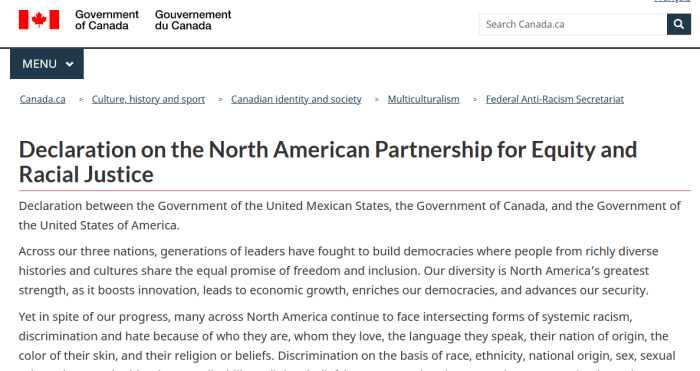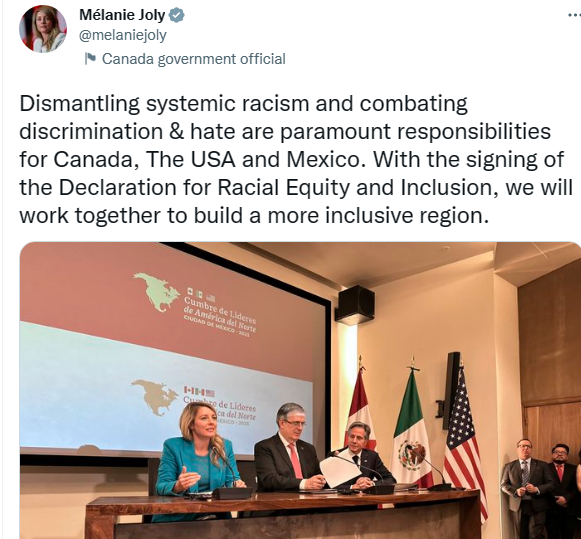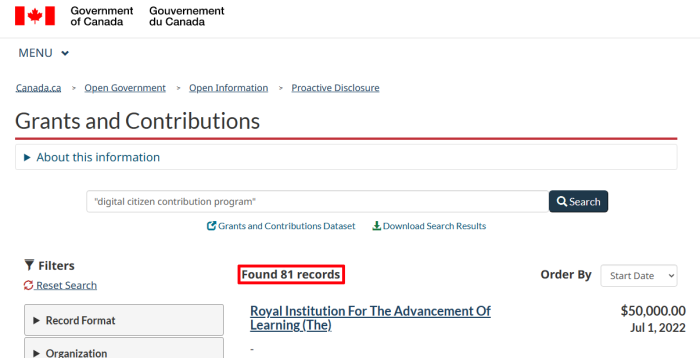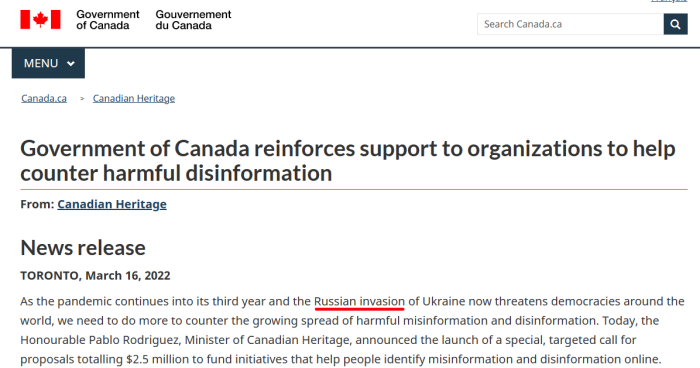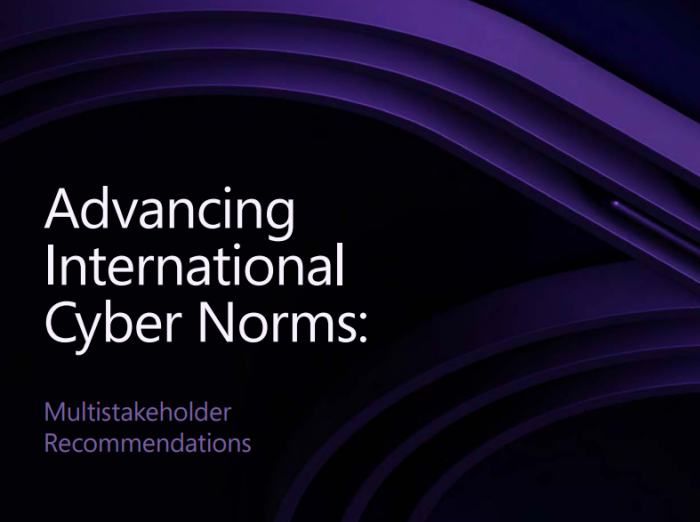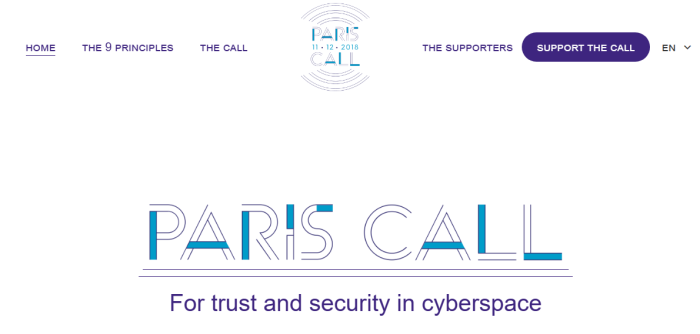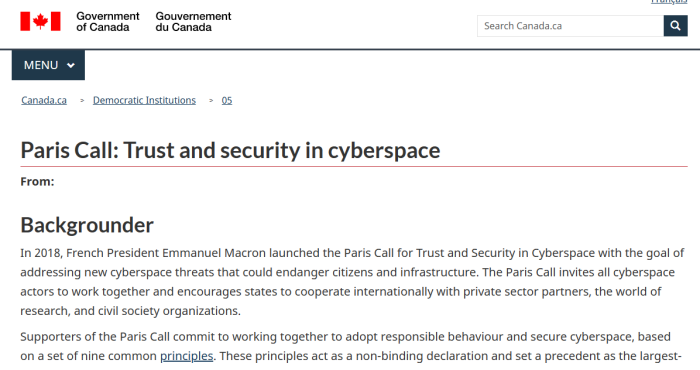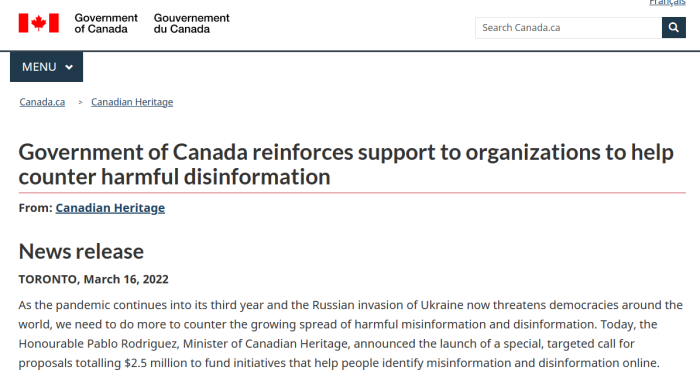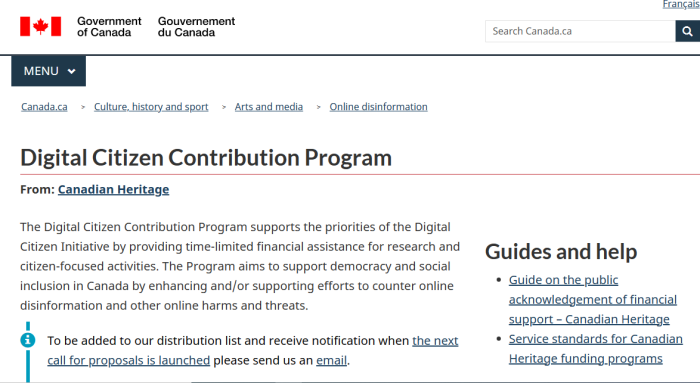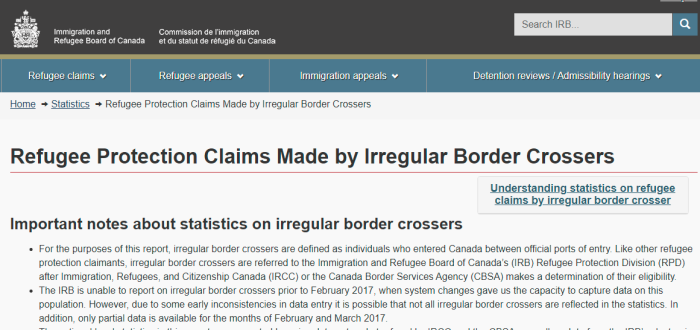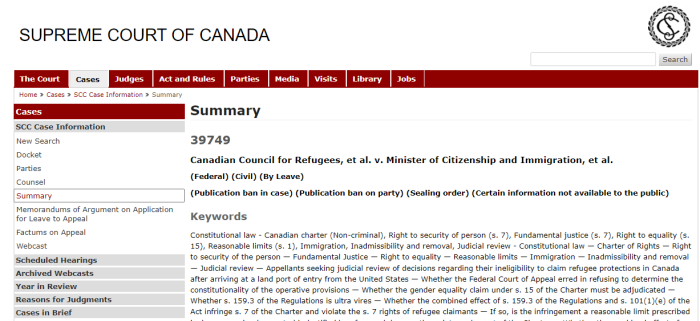
Remember the mass shooting in Buffalo last year that was supposedly based on the “replacement theory”? It had been predicted that this would lead to more calls for gun control, and it did.
But the other shoe has dropped. House Resolution 61 has been introduced to expand hate crime laws within the U.S., and to specifically target a certain type of crime. It was sponsored by Congresswoman Sheila Jackson Lee, a Democrat from Texas.
What’s particularly alarming is how many of the terms in this Bill are not clearly defined. (See archive.) This makes it difficult to enforce, but enables it to be selectively applied. In a practical sense: it has the potential to make debate much trickier, and easier to shut down.
Yes, this is in the United States, but something similar could easily come to Canada in the not too distant future. Don’t dismiss the possibility.
To state the obvious: this is only focused on one group of people.
A BILL
To prevent and prosecute white supremacy inspired hate
crime and conspiracy to commit white supremacy in-
spired hate crime and to amend title 18, United States
Code, to expand the scope of hate crimes.
1 Be it enacted by the Senate and House of Representa-
2 tives of the United States of America in Congress assembled,
3 SECTION 1. SHORT TITLE.
4 This Act may be cited as the ‘‘Leading Against White
5 Supremacy Act of 2023’’.
6 SEC. 2. WHITE SUPREMACY INSPIRED HATE CRIME.
7 (a) IN GENERAL.—A person engages in a white su-
8 premacy inspired hate crime when white supremacy ide
2
1 ology has motivated the planning, development, prepara-
2 tion, or perpetration of actions that constituted a crime
3 or were undertaken in furtherance of activity that, if effec-
4 tuated, would have constituted a crime.
5 (b) CONSPIRACY.—A conspiracy to engage in white
6 supremacy inspired hate crime shall be determined to
7 exist—
8 (1) between two or more persons engaged in the
9 planning, development, preparation, or perpetration
10 of a white supremacy inspired hate crime; or
11 (2) between two or more persons—
12 (A) at least one of whom engaged in the
13 planning, development, preparation, or per-
14 petration of a white supremacy inspired hate
15 crime; and
16 (B) at least one of whom published mate-
17 rial advancing white supremacy, white suprema-
18 cist ideology, antagonism based on ‘‘replace-
19 ment theory’’, or hate speech that vilifies or is
20 otherwise directed against any non-White per-
21 son or group, and such published material—
22 (i) was published on a social media
23 platform or by other means of publication
24 with the likelihood that it would be viewed
25 by persons who are predisposed to engag-
3
•HR 61 IH
1 ing in any action in furtherance of a white
2 supremacy inspired hate crime, or who are
3 susceptible to being encouraged to engage
4 in actions in furtherance of a white su-
5 premacy inspired hate crime;
6 (ii) could, as determined by a reason-
7 able person, motivate actions by a person
8 predisposed to engaging in a white suprem-
9 acy inspired hate crime or by a person who
10 is susceptible to being encouraged to en-
11 gage in actions relating to a white suprem-
12 acy inspired hate crime; and
13 (iii) was read, heard, or viewed by a
14 person who engaged in the planning, devel-
15 opment, preparation, or perpetration of a
16 white supremacy inspired hate crime.
17 (c) DEPARTMENT OF JUSTICE AUTHORITY, EN-
18 FORCEMENT, MONITORING, AND REPORTING.—The De-
19 partment shall have authority to conduct operations and
20 activities pursuant to this section, specifically—
21 (1) with regard to information or evidence ob-
22 tained by the Department of any action cited in this
23 section, the Department shall have the authority to
24 investigate, intercede, and undertake other actions
25 that it deems necessary and appropriate to interdict,
4
•HR 61 IH
1 mitigate, or prevent such action from culminating in
2 violent activity;
3 (2) the Department shall have the authority to
4 prosecute persons who engaged in actions cited in
5 this section; and
6 (3) the Uniform Crime Reporting Program in
7 the Department of Justice shall maintain records of
8 white supremacy inspired hate crimes and related
9 actions cited in this section, and enforcement actions
10 in response thereto.
11 The Department shall provide annual reports to the ap-
12 propriate committees in Congress that shall include infor-
13 mation cited in this paragraph.
14 SEC. 3. CRIMINAL OFFENSE.
15 Section 249(a)(1) of title 18, United States Code, is
16 amended—
17 (1) in the matter preceding subparagraph (A)
18 by inserting after ‘‘race, color, religion, or national
19 origin of any person’’ the following: ‘‘, or because of
20 a white supremacy based motivation against any
21 person’’; and
22 (2) in subparagraph (B)—
23 (A) in clause (i), by striking ‘‘or’’ at the
24 end;
5
•HR 61 IH
1 (B) in clause (ii), by striking the period
2 and inserting ‘‘; or’’; and
3 (C) by adding at the end the following:
4 ‘‘(iii) the offense was in furtherance of
5 a white supremacy based motivation.’’.
6 SEC. 4. FINDINGS.
7 Section 4702 of the Matthew Shepard and James
8 Byrd Jr. Hate Crimes Prevention Act (18 U.S.C. 249
9 note) is amended by adding at the end the following:
10 ‘‘(11) Mass shootings and other hate crimes
11 motivated by white supremacy have been increasing
12 in frequency and intensity. These heinous and viru-
13 lent crimes are inspired by conspiracy theories, bla-
14 tant bigotry, and mythical falsehoods such as ‘‘re-
15 placement theory’’. All instances must be prevented
16 and severe criminal penalties must be applied to
17 their perpetrators.’’.
There is a section in HR 61 that states: Department of Justice shall maintain records of white supremacy inspired hate crimes and related actions cited in this section. Does this mean that groups that talk about the ongoing replacement in the West will be looked at? (As if they aren’t already).
Also, will law enforcement to more than simply monitor and keep records? Will there be active involvement in setting up undercover operations or honeypots?
The Bill also talks about postings on the internet which people who are “susceptible to being encouraged” might read or view the content. This is another slippery slope. It seems designed to force authors to water down whatever they say because of what some random person “might” say or do.
Census data — Government distributed — in countries across the West have shown considerable demographic changes (or replacement, depending on your slant) over the last 60 or so years. Was it racist to have generated this information in the first place? Is it racist to openly and honestly discuss what is happening?
Moreover, the mainstream media has addressed this topic many times in the last few decades. It’s openly predicted that most countries in the West will be majority non-white by the end of this century, if not sooner. This is hardly a secret.
Hate crimes are already illegal in the U.S. So, why is this specific Bill necessary?
To play devil’s advocate here: this could simply be about grandstanding. It wouldn’t be the first time a politician put forth legislation they never planned to advance in order to score points. Then again, it may not be the case.
The vague and undefined definitions and explanations are possibly the worst part, as there are no actual standards to be applied.
(1) https://www.congress.gov/118/bills/hr61/BILLS-118hr61ih.pdf
(2) BILLS 118 House Resolution 61
(3) https://www.congress.gov/member/sheila-jackson-lee/J000032
(4) https://www.npr.org/2022/05/16/1099034094/what-is-the-great-replacement-theory
(5) https://www.businessinsider.com/buffalo-mass-shooting-latest-linked-to-great-replacement-theory-2022-5?op=1

